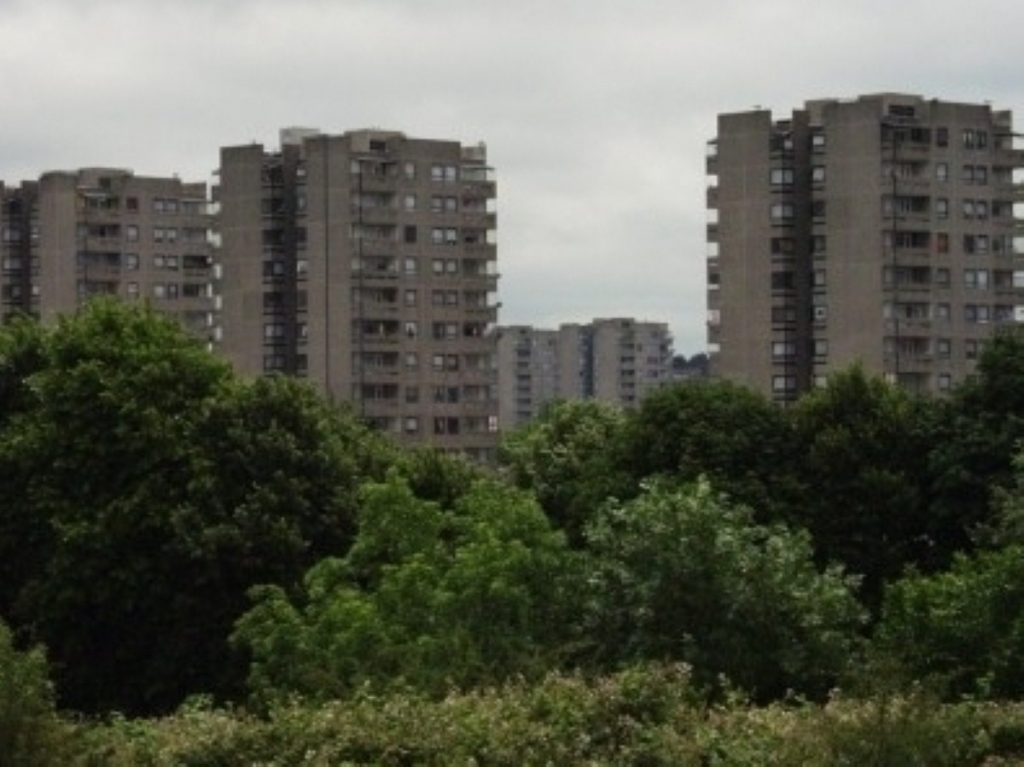Shelter issues damning verdict on ‘rogue landlords’
by Peter Wozniak
Over 90% of environmental health officers (EHOs) have encountered private landlords who routinely harass or illegally evict their tenants, an investigation by the charity Shelter has claimed.
Shelter surveyed the officers finding that a significant minority of landlords renting out private properties are guilty of ‘shocking treatment’ and ‘shameful behaviour’.
According to the survey, half of EHOs believe that the conditions for private renters are set to deteriorate next year, citing examples of landlords renting out properties with absolutely no basic amenities, or with serious hazards for the health and safety of tenants.


Campbell Robb, chief executive of Shelter, said: “It is simply not acceptable that people are handing over their hard-earned cash to live in houses that are run-down, squalid and in some cases even dangerous.
“Our investigation shows just how ruthless a minority of rogue landlords can be. We know there are people operating in cities up and down the country like this and it’s clear that this is a national problem that urgently needs a national solution.”
The survey suggested that a lack of staff were to blame for the persistent problems.
Andrew Griffiths, principal policy officer of the Chartered Institute of Environmental Health (CIEH) argued: “This survey emphasises the importance for local authorities to have clear enforcement strategies in place to deal with the worst properties and the most vulnerable tenants.”
The budget for the Department of Communities and Local Government is set to face severe spending constraints over the coming years.
Grant Shapps, the housing minister, tried to put a positive spin on Shelter’s findings, saying: “Shelter are absolutely right that most landlords provide decent accommodation, and I share their concern that a minority of landlords offer an unacceptable service to their tenants.
“The current system strikes the right balance between the rights and responsibilities of tenants and landlords, and the vast majority of England’s three million private tenants are happy with the service they receive.
“But where rented homes do not meet the required standards, like Shelter, I expect councils to use the full range of powers at their disposal to make sure tenants are properly protected.”
Labour, meanwhile, brandished the report as a supposed vindication of Labour’s regulatory regime, arguing that the government’s plan to lower spending and regulation is having damaging consequences.
Mr Shapps’ shadow, John Healey said: “Shelter’s research shows the appalling problems faced by many of our eight million private renters. The government meanwhile chooses to let down local residents further by removing controls on bad landlords – those bedsit barons who make tenants’ lives a misery and whose neglect can cause widespread grief for their neighbours.
“Ministers should stop doing what their friends in the landlord industry tell them to, and reimpose Labour’s regulations.”
In any case, the investigation will trouble government ministers keen to argue that council budgets may be cut without deleterious consequences for public services.
Arguments over the minutiae of potential effects of government spending cuts are likely to become increasingly commonplace with the comprehensive spending review to be completed next month.









